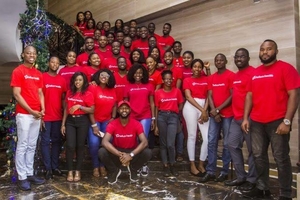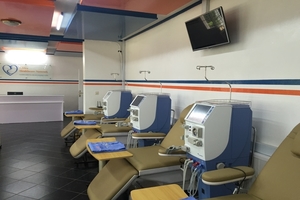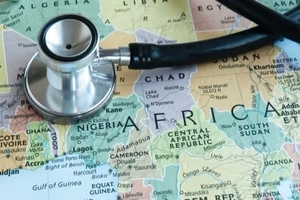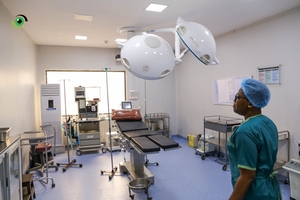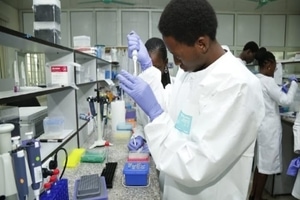Helium Health, West Africa’s leading provider of Electronic Medical Records (EMR) and Hospital Management Information (HMI) Systems, has announced the debut of its entire array of products and services in Kenya for the first time.
Helium Health, in collaboration with three local providers, Philips Healthcare Technologies, Carepay, and Savannah Informatics, will integrate new services, including an EMR, to serve the whole East African market.
“We’ve been preparing to enter Kenya’s burgeoning health tech industry since last year, so we’re really thrilled to be getting started in 2021, already collaborating with three new local partners to assist increase efficiency and deliver better patient care. We feel there is a significant opportunity to use cutting-edge technology to enhance the way healthcare data is collected and managed across Africa, therefore collaborating with like-minded healthcare providers and institutions in Kenya is a good fit for us,” said Tito Ovia, co-founder of Helium Health.
“We are convinced that we can play a big role in aiding both Kenya’s public and commercial healthcare sectors,” said Jean Kyula, Country Manager for Helium Health Kenya and formerly a National Health Service (NHS) doctor in the UK. “We’re ecstatic to announce that we’ve opened for business in Nairobi, where we’re already cooperating with three new partners and expanding into Uganda and Liberia. The COVID-19 pandemic has highlighted the critical role of technology in healthcare, as well as the need to continue developing better systems, more remote access solutions, and improving efficiencies in our healthcare sector, so we look forward to working with more partners, doctors, hospitals, and clinics as we move forward,” she added.
Helium Health successfully concluded a US$10 million Series A investment round in May 2020 (the highest fundraise of any SaaS healthcare company in Africa) to scale and grow the business in both existing and new countries, increasing its reach across East, North, and Francophone West Africa. Helium Health has previously worked with clinics in Uganda and Liberia, enrolling 90-plus users in early 2021, and is now expanding its services to Nairobi.
Helium Health provides a comprehensive array of solutions that span the whole healthcare value chain, from electronic medical records (EMR) and hospital management information (HMI) systems to credit and telemedicine. Helium Health’s technology is currently used by over 300 healthcare providers and 5,000 health professionals in Nigeria, Senegal, and Ghana, allowing healthcare facilities to easily accept payments and issue invoices, access quick funding, and hold televisits with their patients, making it easier for patients to get diagnosed from the comfort of their own homes.
Helium Health was awarded the IFC IT Emerge award in 2020, which connects creative health tech entrepreneurs with premier healthcare providers in Ethiopia, Kenya, and Uganda to launch pilot initiatives and form long-term relationships. Helium Health’s technology will be tested in the East African market.

